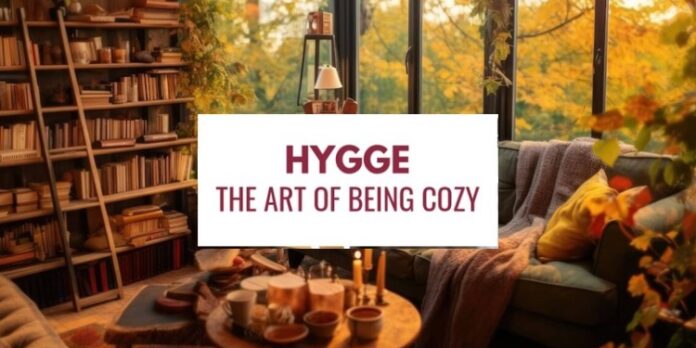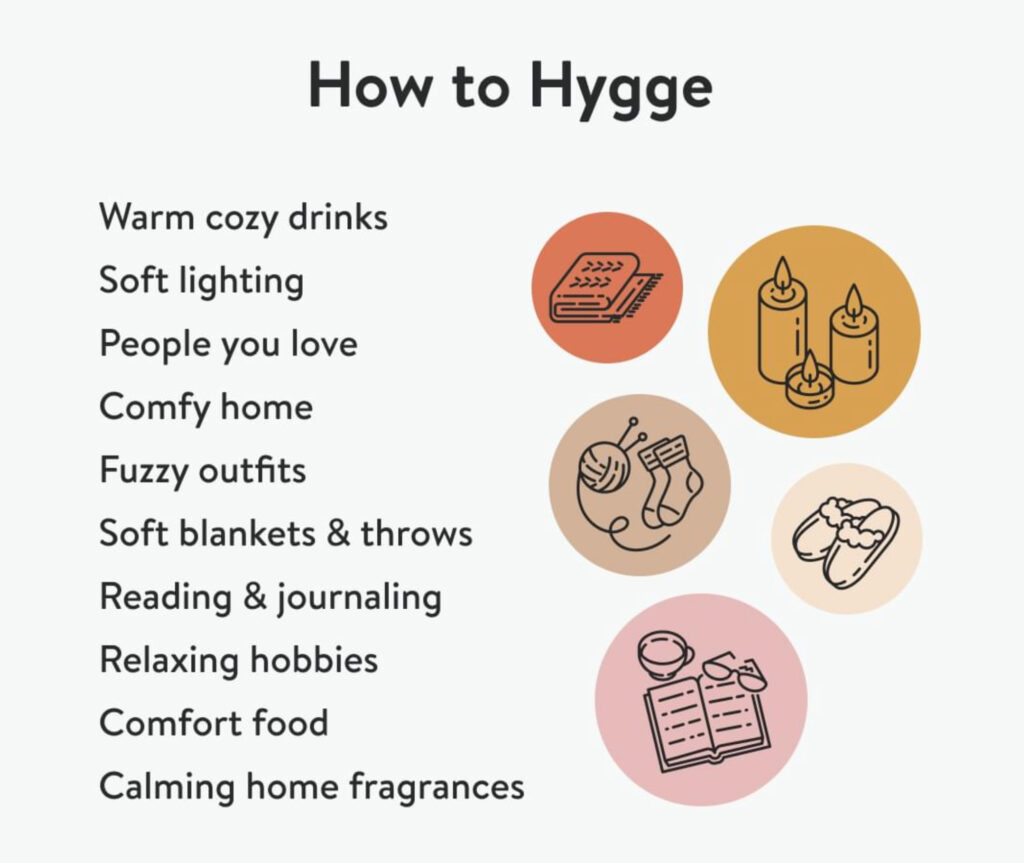The State of Peace
May is Mental Health Awareness Month. There is no doubt that mental health has evolved from a topic that, while always being in the background of concern, has become a central topic of discourse across various platforms. According to a 2023 survey conducted by the National Alliance on Mental Alliance (NAMI), anxiety is the most commonly reported mental illness among U.S. adults, with nearly 1 in 5 (19.1%) affected with some of the less commonly reported illnesses include post-traumatic stress disorder (PTSD), bipolar disorder, borderline personality disorder and obsessive-compulsive disorder (OCD).
In recent years, much surrounding the topic of mental illness and mental health has focused on awareness of symptoms, the pursuit of treatment options, and, especially since returning from the COVID-19 coronavirus shutdown, reassessing the role that peace has in the workplace and in everyday life. Introducing a peculiar word to the cultural zeitgeist: “hygge”.
Added to the Oxford dictionary in 2017, hygge (“hooga”) is a Danish word that means the state of peace. It can take on a mental form such as a state of mind such as being content or being calm, or it can take on a literal form as in finding a place that personifies peace. This can be a place where one’s peace is most at play, such as the beach, a porch behind the house, the park, or being with family and friends.
According to the Denmark website, “in brief, hygge is about taking time away from the daily rush to be together with people you care about – or even by yourself – to relax and enjoy life’s quieter pleasures…there is no agenda. You celebrate the small joys of life, or maybe discuss deeper topics. It is an opportunity to unwind and take things slow.” What is interesting about this phenomenon is that its country of origin implements it to the point that it is the same as practicing acts of patriotism or even acts of sabbath. It’s more than just a concept. It’s an act.
What would it take for hygge to be something implemented into practice in the United States? Is hygge already something implemented into practice in the United States? The answer is unclear because the data shows there are more reported cases of mental breakdowns, individuals removing themselves from toxic work environments, and cases of youth of all ages exemplifying developmental issues as a result of interrupted education during the COVID-19 coronavirus pandemic. Although therapy has been largely brought into the mainstream conversation, there are still some areas where unintentional exploitation can take place and not to mention the United States still operates on an antiquated 40+ hour/ 7 days a week system of work that many Millennial and Gen Z communities find unsuitable and unsustainable.
Though it may not be the word that comes to mind when it comes to mental health hygge is a concept that will no doubt play a role in how mental health will be implemented beyond what already has been done.







